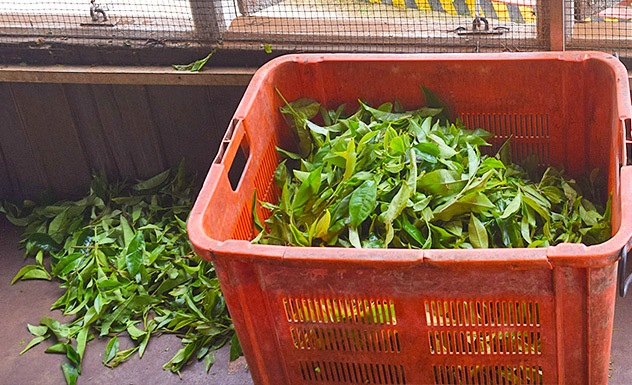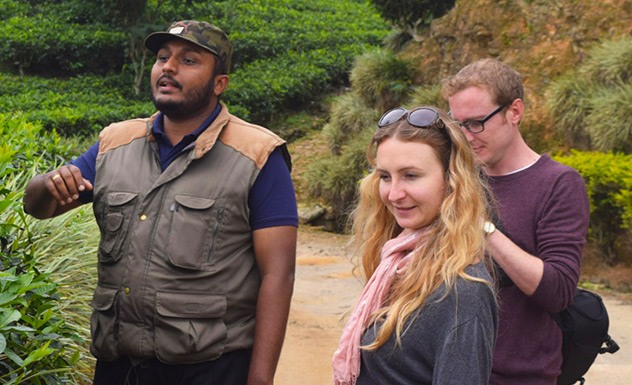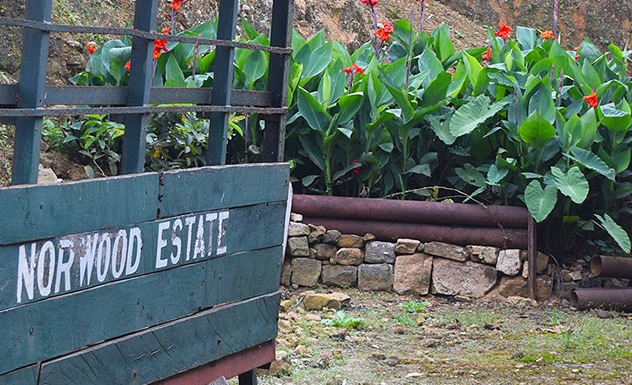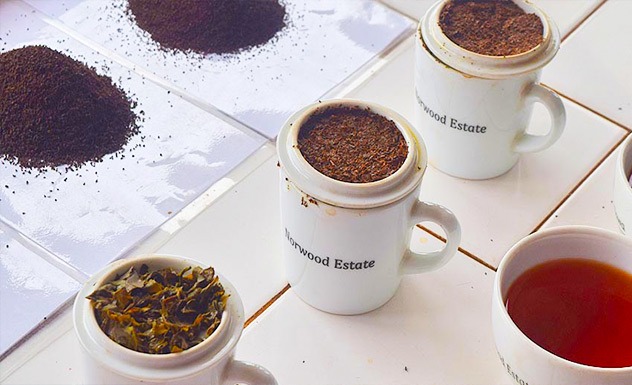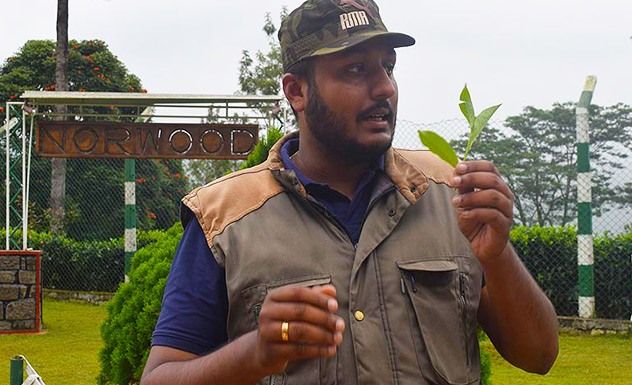A visit to the Norwood tea factory
The success story of Ceylon tea is well-known worldwide. Sri Lanka is the fourth largest producer of tea globally and the history of this industry spans right back to the beginnings of the British Raj. Sri Lanka’s tea industry prospered, for the most part, because of its ideal climate conditions, the emergence of the Industrial Revolution in Great Britain, as a by-product of the coffee blight, and due to the introduction of steam locomotives which ultimately allowed for British railway systems to operate in tea regions of the island. Tea, therefore, has a story that is central to not only the history of Sri Lanka but also the industrialized world and British colonization. Nestled neatly between the beautiful Bogawantalawa Valley and the Castlereagh reservoir, the Norwood estate and factory has been growing and manufacturing tea for over a century. Still using many of the original machines installed by the British, the factory offers a glimpse into the workings of this fascinating industry and its huge impact on the rest of the world. A visit to the estate is a tailored and exclusive guided experience that will leave you with a thorough understanding of how tea production works.
Experience Overview
Arriving at the Norwood Tea Estate, you will meet your guide, a tea planter who is well-versed in English and is a literal encyclopedia of tea trivia. After a brief introduction to the history of tea, he will take you out to the estate to see tea plucking in action and explain a little about the tea pluckers whose ancestors came to be in Sri Lanka after they were brought over from the South of India to meet the demand of labor required by British planters. Following this, you will make your way into the factory, where noisy, heavy antique machines bearing Scottish and British coats of arms produce tones of tea that goes on to service many of the world’s finest tea companies. Both green and black tea are produced in the Norwood factory and you will learn about the differences of both, both in terms of production and health benefits. You will finally finish up the tour with a tea tasting where your guide will teach you the techniques for a traditional tasting, and you may even use the archaic spittoon if you really want to get a feel for the time-honored method.
